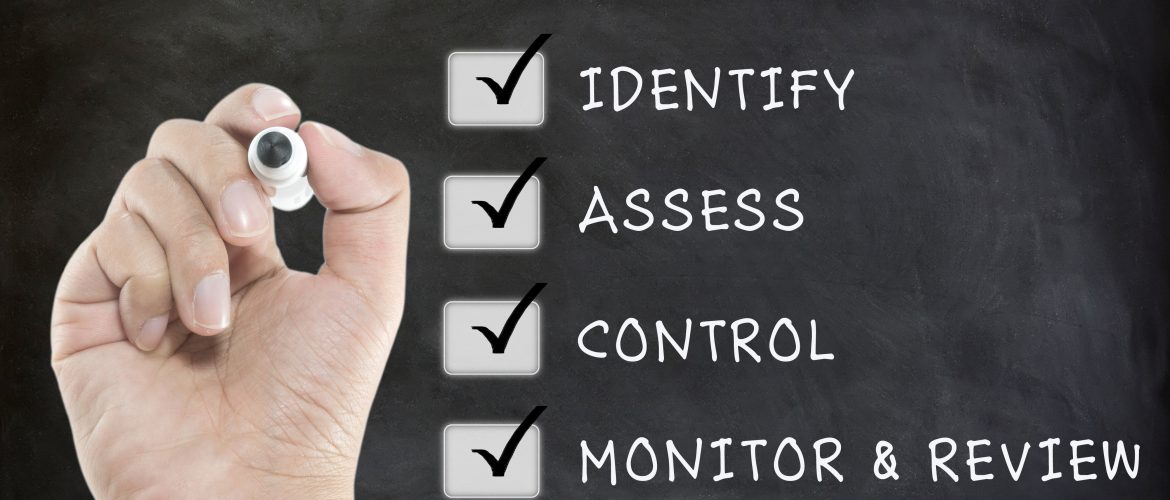A 127-bed Idaho nursing home has chosen to close the facility and relocate the residents after failure to comply with Medicare and Medicaid program requirements. The facility will close in May 2021 after 64 years of skilled nursing and rehabilitation services to the community.
A January 7, 2021 inspection conducted by Idaho Department of Health and Welfare, Division of Licensing and Certification, found that the nursing home had not followed doctors’ orders for three residents, resulting in failure to ensure professional standards of care. Each of the violations was classified as causing actual harm.
One of the resident’s had a foot injury that had worsened, possibly due to a delay of being seen at a foot clinic. The physician ordered the resident to be seen at a Veterans Affairs Medical foot clinic. The administrator of the building made the decision not to allow the resident to go to the foot clinic due to positive cases of COVID-19 in the building. The resident with the foot injury did not test positive for COVID-19. The physician told the administrator that the appointment to the foot clinic was important, and the resident needed to be seen. The resident was not sent to the foot clinic till 40 days after the physician’s order was written. The administrator did assign an in-house therapy team with a wound specialist to evaluate the resident’s foot injury, and the wound specialist was communicating with the VA foot clinic.
Two diabetic residents had physicians’ orders to be contacted if their blood sugar dropped below a certain level. On multiple occasions there was documentation in the medical records that the residents blood sugar levels were below the specified levels when the physicians were to be contacted, with no evidence that this was done. Failure to notify the physician of the low blood sugars resulted in a failure to provide standards of care violation.
Multiple violations of F880 Infection Control were found, including failure to perform hand hygiene, medication administration infection control concerns, and failure to update care plans when isolation precaution requirement changes occurred.
On April 20, 2021, the facility received a termination notice from the Centers for Medicare & Medicaid Services (CMS), which stated that the facility failed to attain substantial compliance with Medicare and Medicaid participation requirements. The violations included:
• 42 CFR 483.21 – Comprehensive Resident Centered Care Plans
• 42 CFR 483.25 – Quality of Care
• 42 CFR 483.35 – Nursing Services
• 42 CFR 483.20 – Resident Assessments
• 42 CFR 483.70 – Administration
• 42 CFR 483.80 – Infection Control
A spokesperson for the Idaho Department of Health and Welfare stated in an email that during the past year, and particularly in the past seven months, that the facility had not been able to meet the requirements of participation for Medicare and Medicaid Services. Further, the facility has been out of compliance for six months and lost the ability to bill Medicare and Medicaid Services. Therefore, the owners chose to close the facility and relocate the residents.
Issue:
Each resident must receive, and the facility must provide, the necessary care and services to attain or maintain the highest practicable physical, mental, and psychosocial well-being consistent with the resident’s comprehensive assessment and plan of care. Not providing the necessary care and services to allow each resident the ability to maintain or achieve their highest practicable physical, mental, and psychosocial well-being may be viewed as substandard quality of care, which can result in a violation of 42 CFR 483.25 – Quality of Care. Quality of care violations can easily escalate to causing actual harm to a resident or residents, which could result in immediate jeopardy citations for the facility with fines and other sanctions. Additional information is available in the Med-Net Corporate Compliance and Ethics Manual, Chapter 7, Residents Rights and Freedom from Abuse, Neglect, and Exploitation and Chapter 10, Quality Care and Improvement (QAPI).
Discussion Points:
- Review your infection control policies and procedures for nursing services and other disciplines. Also, review your policies for following physician orders and for notifying physicians of condition changes. Ensure that the medical director, director of nursing, and other appropriate personnel review the policies and procedures. Update your policies as needed.
- Train appropriate staff on your policies and procedures for ensuring compliance with infection control standards, following physician orders, and for performing nursing services and other tasks conducted by additional disciplines. Also, train nursing staff on when a physician should be notified of resident condition status changes. Ensure that staff are aware of where they can retrieve the policies and procedures for easy reference. Ensure that all staff are aware of their obligation to report failure to follow physician orders or any other suspected neglect of a resident using the Hotline or other reporting steps. Provide retraining as needed. Document that the trainings occurred and file the signed documents in each employee’s education file.
- Periodically review medical record documentation to ensure that your policies and procedures are being followed, that physician orders are implemented in a timely manner, and that physicians are being notified when necessary. Determine that all staff are in compliance with required infection control protocols. Ensure that findings are reviewed by the QAPI/QAA Committee.












































































